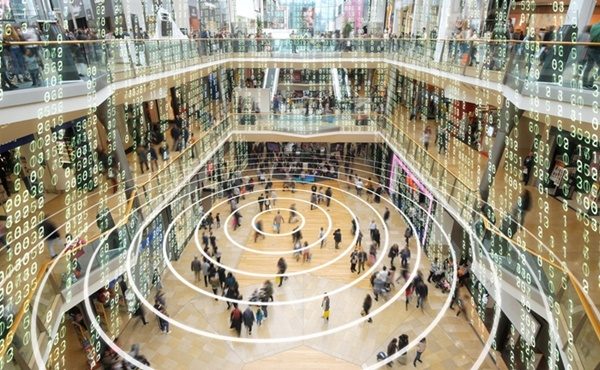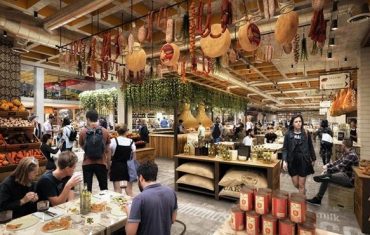While there are still plenty of retailers that see the online platform as a threat, CEO of Portland Design Associates London, Ibrahim Ibrahim, says it is not ‘either-or’ but ‘both at once’.
He says that in the future the parallel worlds of digital and bricks and mortar must integrate better.
“Consumers want to be served round the clock and via all channels,” Ibrahim explains.
“They have long been seeking for more than just the pure product; they are looking for authentic, meaningful and emotionally charged (shopping) experiences. The players from the sectors involved―retailers, towns and cities, local authorities and cultural institutions―must focus in joint activity on the hybrid consumer of the future.”
Ibrahim will offer more insights into this subject at the next Christmasworld 2020 as part of the premium business program. Titled ‘Urban regeneration: the internet will not kill shops, it will liberate them’, topics include how future shopping habits will impact on urban space ie the functions of town and city centre and the demands which the retail trade must satisfy are subject to enormous changes.
Towns and cities, trades and industries and other market players must cope with complex tasks if they are to remain appealing to the consumer and viable. That can only succeed in a constructive collaboration.
“Times are hard for retailers and great for consumers. We know that customers want more and more of everything: more brands, more narratives, more service, more emotionally charged experience and greater convenience,” says Ibrahim.
“The atmosphere and quality of time spent in a city centre play a vital role among consumers when they come to decide between digital or bricks-and-mortar shopping. Sustainability and an optimum urban infrastructure must be answered even better in the future.”







